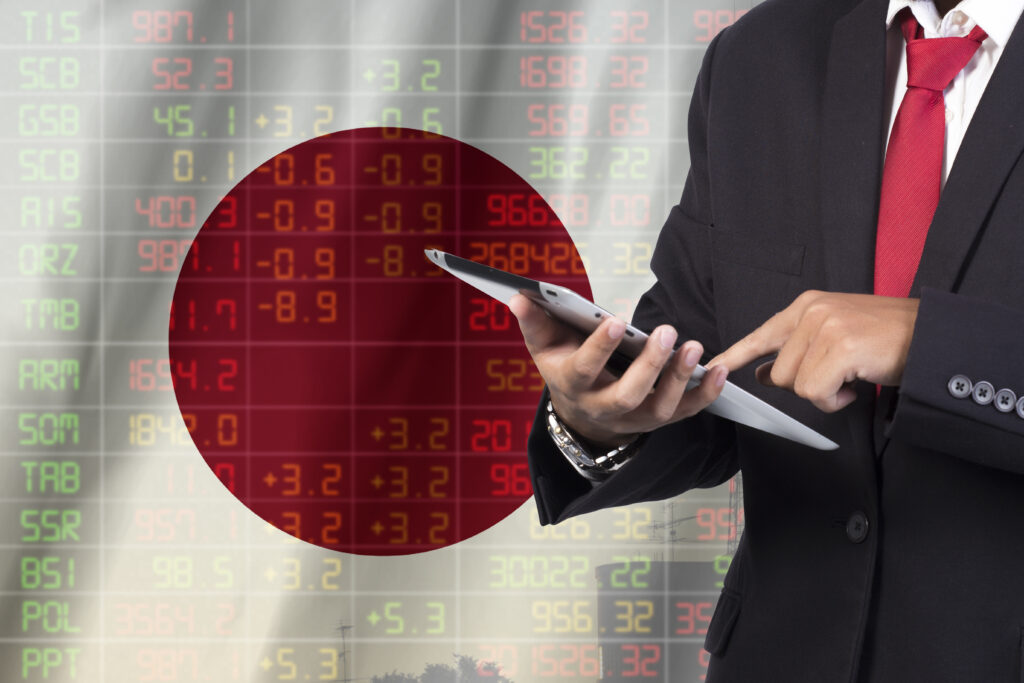[:en]Last week, a reporter from The Telegraph in the UK contacted me for my views on the challenges of market entry in Japan.
My market entry manifesto is below:
- Language is no barrier for those who know how to communicate. Being skilled at international communication means being able to understand people, even when you do not speak a common language. Even between English speakers, we often misunderstand the meaning others want to convey. Ask questions to confirm understanding, give examples to illustrate what you mean, and when your counterpart’s meaning seems vague, it is never rude to ask for clarification, even in Japan. Don’t just let it slide.
- Market validation is as crucial for success in Japan as anywhere else. Do yours diligently. Don’t rely on standardized reports of others or the advice of JETRO or any other trade promoting organization. Treat with skepticism to prognostications of supposed Japanese industry insiders. Even if you hire a professional firm for help, it is always better to do your own market validation in parallel. Meet with prospects, ask your questions, validate your assumptions. You understand your business best.
- Like everywhere, a superlative leader for the business is crucial for success. A Japanese guy with industry contacts is not enough. The conventional wisdom is often to hire an older Japanese man with industry experience and connections to lead your business. I have never seen a successful case using this approach. Industry experience does not necessarily translate into business acumen and leadership capability. People who view their Rolodex as their primary value will often hesitate to do what is necessary for your business if they think it might violate the interests of their contacts. Their contacts will take precedence over your business.
- Just because a Japanese person tells you something about Japan does not necessarily make it true. Being Japanese does not make a person an expert on business in Japan. Take advice from such people with a massive grain of salt. If all advice from Japanese people were followed, Seven-Eleven, Costco, Uniqlo, Michelin, BMW, Adidas, and Godiva would never have even started in Japan, much less achieve their raging success!
- Demanding customers are the rule in Japan and an asset. Companies like Adidas and Michelin develop products specifically for the Japan market, and they sell them worldwide successfully as they are the best in class. You can do the same.
- Brand strength at home does not necessarily translate into brand strength abroad. Be prepared to invest in building your brand in Japan, no matter how well-known you may be outside of Japan.
- Value is universal, even in Japan. If you have a great product with breakthrough technology and unbridled service, you will succeed in Japan like anywhere else. Michelin, a French company, supplies top of class tires to all the Japanese automobile and truck manufacturers, as well as to Japan Airlines for its fleet.
- The most successful businesses in Japan buck the system, not adapt to it. You should too. Fast Retailing, a Japanese company, turned the clothing industry on its head. Softbank redefined service in consumer telecommunications. Ito-Yokado, now 7&i Holdings, revolutionized retail in Japan with Seven-Eleven. Starbucks superseded the notion of a coffee shop in Japan. Honda Motors, back in the day, ignored ministerial directives when it entered the car market. What do you intend to disrupt?
- Gaining a foothold in the Japan market is no more difficult than any other if you invest in the right things first. You can replace Japan with the name of any country for all the points above, and the same will still hold true.
 [:ja]先週のことですが、英国デイリー・テレグラフ紙のレポーターから、私の日本市場参入の際の大変さについての考えを聞かせて欲しいと連絡を受けました。
[:ja]先週のことですが、英国デイリー・テレグラフ紙のレポーターから、私の日本市場参入の際の大変さについての考えを聞かせて欲しいと連絡を受けました。
私は日本への市場参入について、このような意見を持っています。
- コミュニケーションが上手な人であれば、言語は壁にならない。 国際コミュニケーションに長けているとは、たとえ共通の言語を話さない相手のことも理解できるということです。たとえ英語を話す人同士でも、意味を取り違えたり、勝手に理解したつもりになることはしばしばあるものです。本当に相手の言うことを理解したかどうかを確認するために質問したり、自分の意図するところをわかってもらうために例を挙げたりしましょう。たとえ日本でも、もし相手が言わんとすることが不明確な場合、説明をお願いすることは決して失礼にはあたりません。不明確なままにしておくのは良くありません。
- 日本でもどこでも、成功するためには市場検証は不可欠である。念入りに行うこと。 出回っている一般のレポートや、ジェトロ、業界促進団体などからのアドバイスを当てにしてはいけません。日本市場のエキスパートと言われている人々のの予想も鵜呑みにせず、疑ってかかりましょう。たとえ市場検証が専門の会社を雇った場合でも、同時に自分達でも同時に検証を行うことをお勧めします。潜在顧客に会って質問をし、自分の仮定事項を検証して下さい。あなたのビジネスのことを一番よく分かっているのは、あなた自身なのですから。
- 国にかかわらず、ビジネスが成功するためには最高のリーダーが存在することが必須である。 業界にコネのある日本人、というだけでは不十分です。従来の考えでは、業界経験が豊富でコネもある年配の日本人男性がリーダーとして相応しいと言われてきました。しかしこのアプローチが上手くいったケースは、一件も知りません。業界経験があるからといって、ビジネス上の洞察力やリーダーシップ能力があるとは限りません。顔の広さが自分の一番の武器だと考えているような人はしばしば、自分の知り合いに不利になるかもしれないようなことをビジネスのために行わなければならなくなった場合、しばしば躊躇してしまいます。つまり、自分の知り合いをビジネスより大事にしてしまうのです。
- 日本人に日本についての説明を受けたとしても、それがいつも正しいとは限らない。 日本人だからといって、日本におけるビジネスのエキスパートというわけではありません。そのような人たちからのアドバイスは、かなり割り引いて聞いた方が良いでしょう。日本人からのアドバイスをもし鵜呑みにしていれば、セブンイレブン、コストコ、ユニクロ、未シェラン、BMW、アディダス、ゴディバといった会社が日本市場に参入することはなかったでしょうし、まして日本で大成功を収めることもなかった筈です。
- 顧客の要求が高いのは日本では当たり前であり、また、資産でもある。 アディダスやミシェランは日本市場のための商品を開発しましたが、その品質が高かったため、結局世界中で販売することに成功しました。これはあなたにもできることです。
- 本国でのブランド力が海外でも通用するとは限らない。 あなたのビジネスが日本国外でいくら有名であっても、日本市場でのブランド開発にも投資をする準備をしておきましょう。
- 価値とは世界共通のもので、それは日本でも同じである。 画期的技術や素晴らしいサービスを兼ね備えた製品があれば、日本でもそれ以外の国でも成功するでしょう。フランスの会社であるミシェランは、最高級のタイヤを日本の自動車やトラックの製造会社、そして日本航空の飛行機用にも供給しています。
- 日本で最も成功しているビジネスは、システムに合わせるのではなく、それに抵抗しており、誰でもそうするべきである。 日本企業であるファーストリテイリング社は、日本の被服産業を根本から翻しました。ソフトバンクは一般消費者向けの電気通信サービスの定義を覆しました。現在ではセブン&アイ・ホールディングスとなったイトーヨーカドーは、セブンイレブンと共に、小売産業に大改革をもたらしました。スターバックスは、日本のコーヒーショップの概念を変えました。ホンダ技研はその昔、省庁からの指示を無視して、自動車業界に参入しました。あなたにはどのような抵抗ができるでしょうか。
- まず大切なところに投資をしさえすれば、日本市場に足場を築くことは他の市場と比べて難しいということはない。 上記のポイントはどれも、日本という言葉をどこの国に置き換えても通用します。



One Response